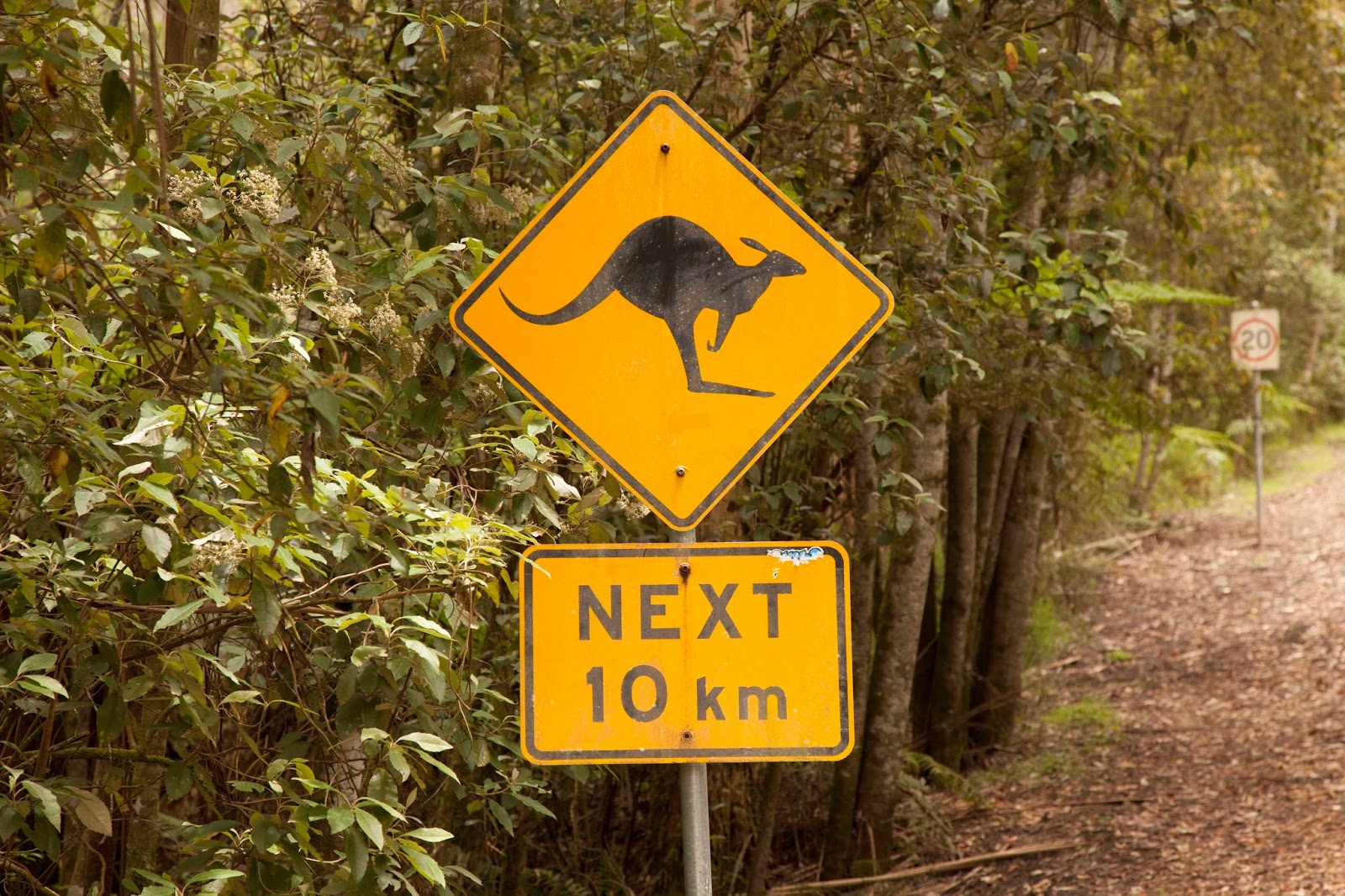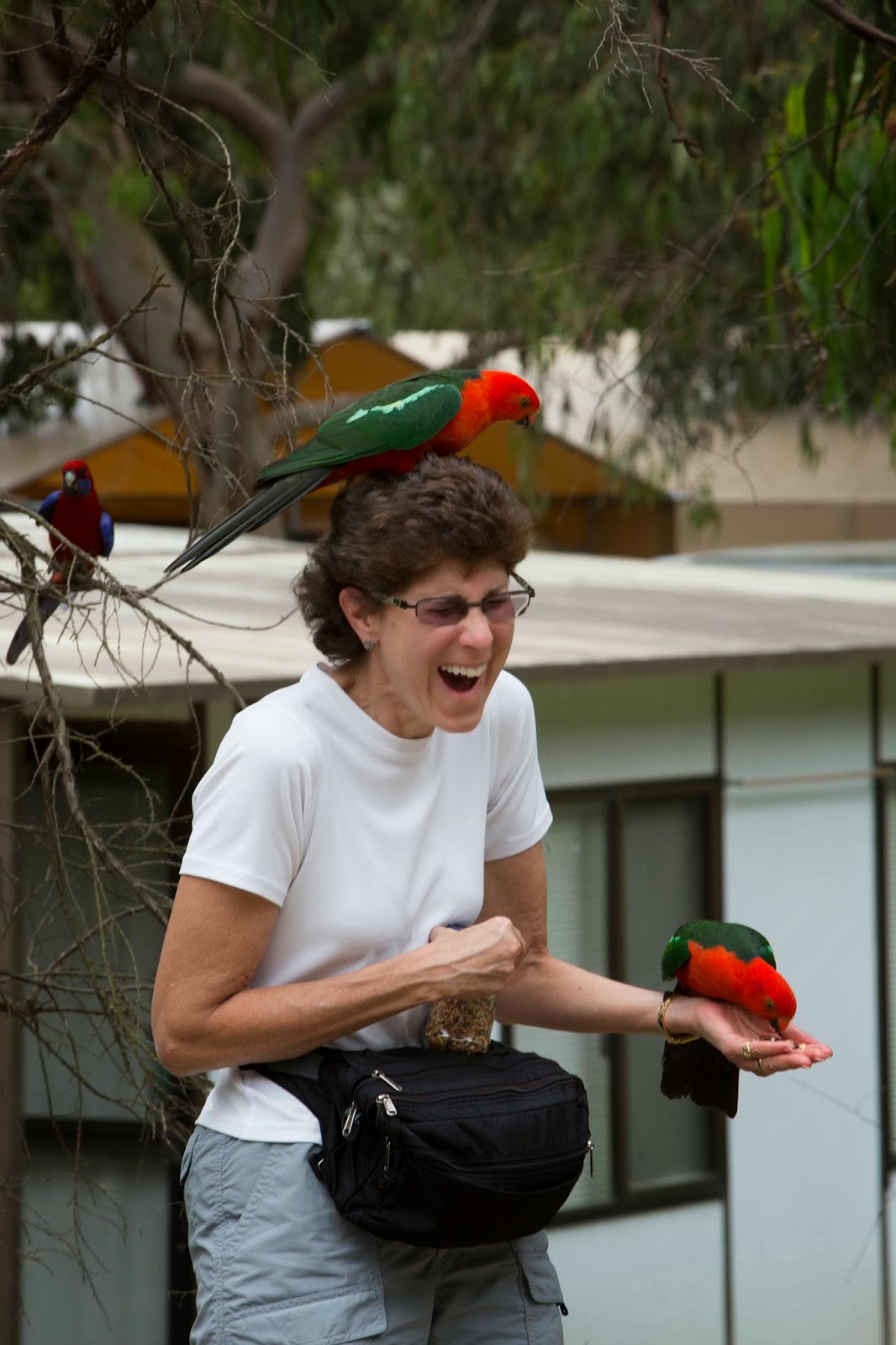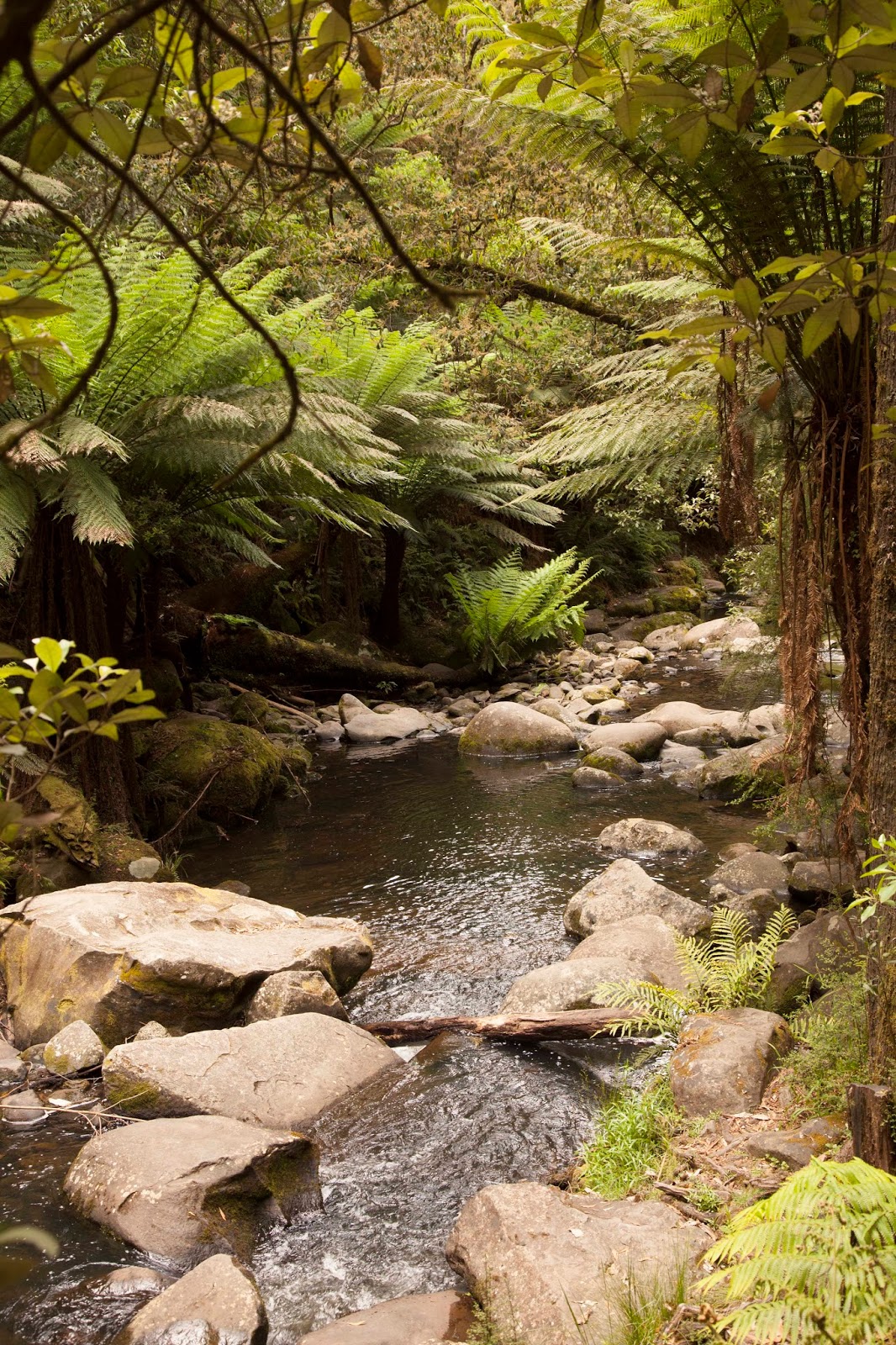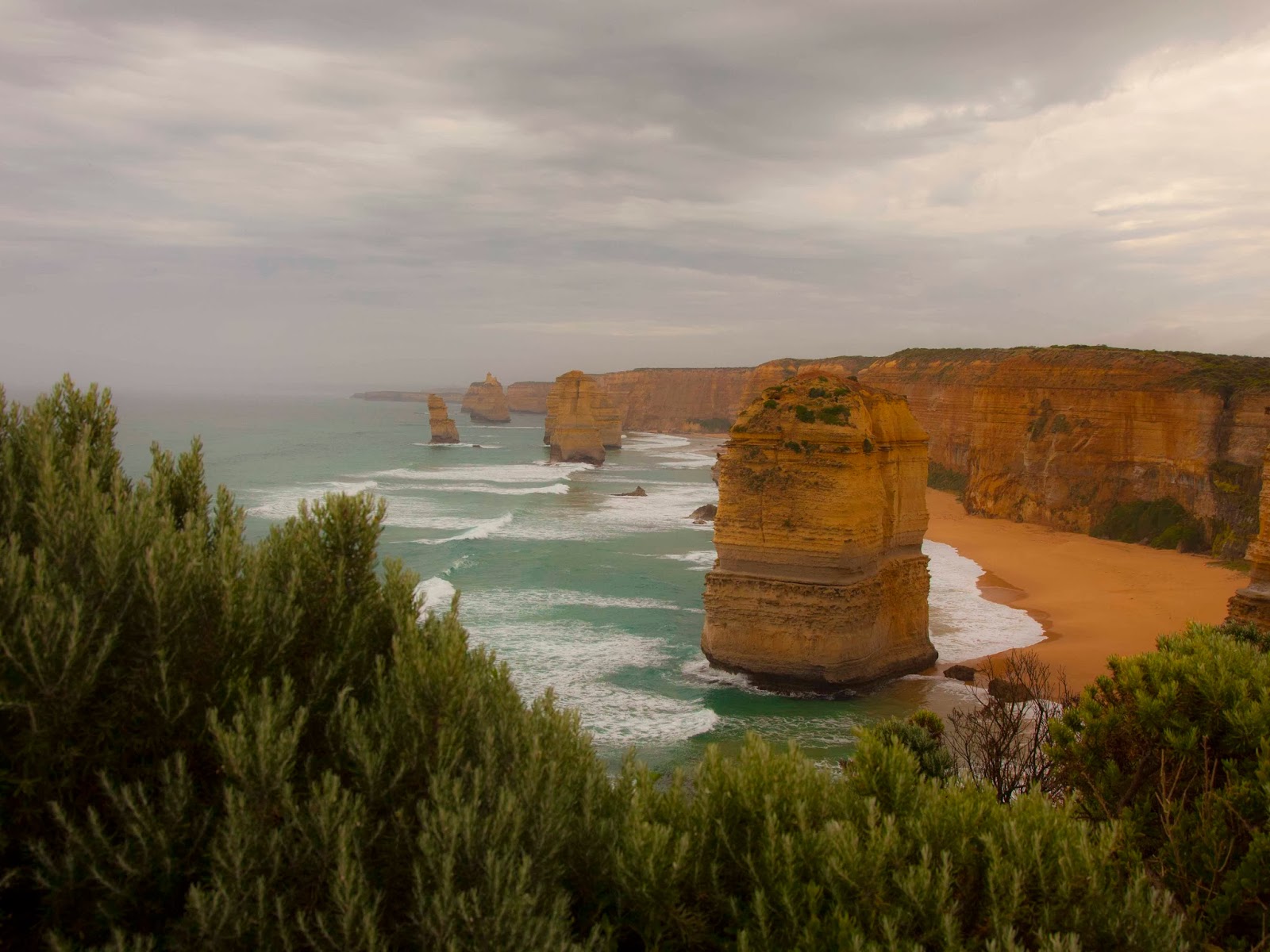Well getting out wasn’t as quick as we’d hoped. By the time
we got our paperwork for the car completed and loaded up the car (a Jeep
Compass- upgraded to get us an “in-built” GPS) it was about 9:30. Also, they didn’t get the word that it
was summer here- overcast, drizzly, and about 55 degrees. We had hoped it would clear, and there
was some occasional attempts at blue sky, but for the most part, the weather stunk.
As we opened our car doors, Jeri and I both realized we were
on the wrong side. It will take some getting used to after 44 years of hopping
into the left side of the car. We
corrected our first mistake and I very tentatively pulled out of the parking
garage and set off. The start of
the trip was on limited access highways, and once I got over having to be in
the slow lane, driving wasn’t that
difficult. My first test was when
we stopped at an information kiosk at one of the rest stops on the M1. A little sweaty palm action, but not
bad. We got some useful
information about things to do along the Great Ocean Road from one of the
volunteers at the kiosk. He also
gave us a bit of history about the road.
It was a project designed by the government in 1918 to employ returning
WWI vets who had no jobs. They
were given a pick and shovel and told to cut a road by hand , often through
sheer rock. They worked to honor
their fallen comrades making this the largest war memorial in the world. The road was finally opened in 1932
after 14 years of sweat.
Once off the highway, driving got more interesting, with no
shoulders in some areas (and foliage hanging into the road with me erring a
little on staying away from the center line gave Jeri a bit of concern), and
very windy roads with hairpin curves.
The more I drove, though, the more comfortable both Jeri and I
became. By the end of the day, I
didn’t have to repeat my mantra out loud (though I did silently every time I
made a turn).
Along the drive there were beautiful scenic lookouts and
several short hikes. One stop
along the route was at the Kennett River, well known for an abundance of
koalas. It certainly did not
disappoint. We got out of our car
and were greeted by our first koala.
In about ½ hour, we had seen at least 8 koalas including 3 young koalas
jockeying for position in a tree and one feeding about 10 feet off the ground. This area also has a large number of
birds which greedily attack unsuspecting
tourists (especially if they are holding birdseed).
Erskine Falls was another of our detours. About a mile roundtrip to the base the Erskine falls drop 30 metres into the the
Erskine River flanked by ancient ferns, shrubs and native trees, continually
moist from the fine mist of water coming off the rock face. The walk back to the parking lot involves 33
steps. Good cardio workout.
We have experienced the swarming flies described by Bill Bryson in his book about Australia. They are not biting flies, but look like our normal housefly. The difference is that they are TRULY annoying! One of the stops, Captain's Cove, was pretty typical.
We passed through
small sleepy beach towns, some renowned for some of the world’s best surfing,
others for just being sleepy little towns. Our hotel was in Port Campbell, about 260 km (about 160
miles) from Melbourne Airport, and just before Port Campbell is the major rock
formation on the Great Ocean Rd., the 12 Apostles. This was originally called the “the sow and the piglets”,
but the chamber of commerce decided piglets were not as flashy as apostles and
felt that the “Apostles” would make the attraction more sellable and classier. The apostles
were formed by erosion:
the harsh and extreme weather conditions from the Southern Ocean gradually
eroded the soft limestone to form caves in the cliffs, which then became
arches, which in turn collapsed; leaving rock stacks up to 300 ft.high. Supposedly,
the best way to see the Apostles is by air, but the weather was not conducive
for this, so we decided to try 1st thing tomorrow morning.
On to the Luxury Waves and Suites hotel, with “stunning ocean views,
king sized beds, intimate dining, etc.”.
I am always skeptical about places that tell you how good they are
. This definitely missed the
mark. It reminded us of a motel 6,
but not as nice. We did do a
bedbug check here.
One advantage of this hotel was that it was less than 10 minutes to
the 12 Apostles so going back was not a big deal. The weather was showing some
breaks, and we decided that we should strike when the iron is hot.
At dusk and
just after sunset, fairy penguins make their way from the ocean as a group and
march to their burrows in the
cliff face. As the light faded,
Jeri noticed that a smear of darkness
on the sand began to move hesitantly at first, then picking up speed until they reached the
safety of the rock face. Distance
and low light were too much for even the D5 Mark III and the photos were of
pretty poor quality, but it was fascinating to watch.

























No comments:
Post a Comment